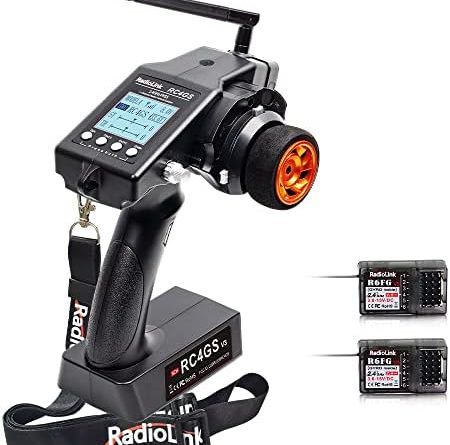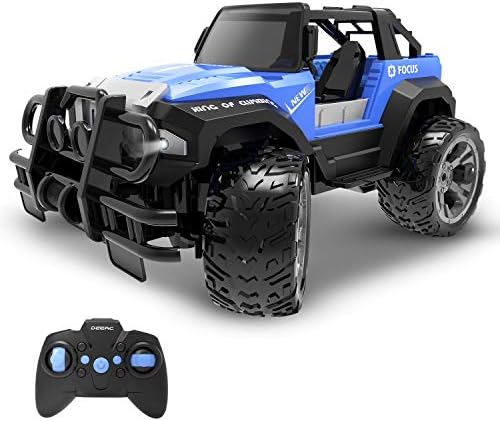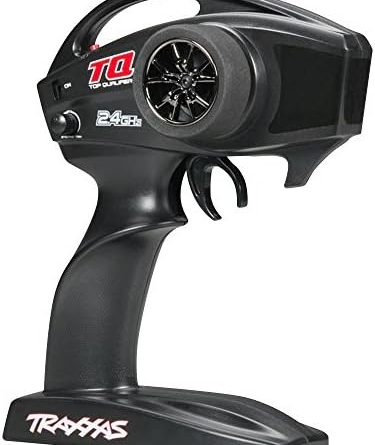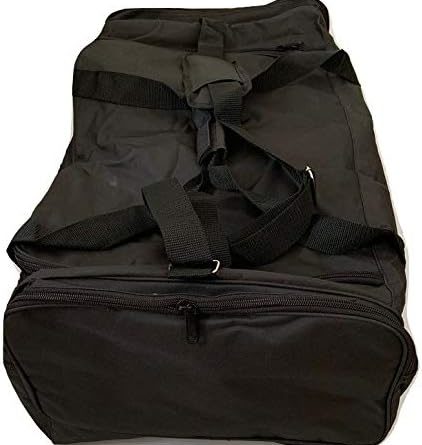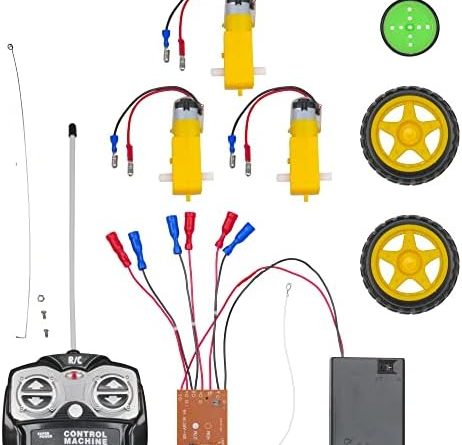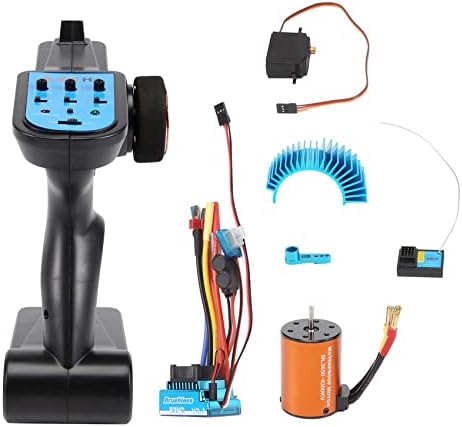











[ad_1]
**Introduction**
Welcome to our comprehensive guide on RC car body shells for 1/10 scale vehicles. Are you an RC car enthusiast looking for the perfect body shell to upgrade your vehicle’s appearance? Look no further! In this article, we will explore everything you need to know about RC car body shells, their types, materials, customization options, and more. Whether you’re a beginner or an experienced hobbyist, this guide will help you make an informed decision and find the best body shell for your 1/10 scale RC car.
**H2: Types of RC Car Body Shells**
There are several types of RC car body shells available, each with its own unique characteristics and advantages. Let’s take a closer look at some popular options:
1. **Touring Car Body Shells**: These body shells are designed for on-road racing and provide excellent aerodynamics. They have a low profile, flat bottom, and a sleek design to minimize air resistance and enhance performance.
2. **Buggy Body Shells**: Used primarily for off-road racing, buggy body shells offer greater ground clearance and rugged construction to withstand rough terrains. They feature larger wheels and tires for improved traction and stability.
3. **Truck Body Shells**: Ideal for off-road enthusiasts, truck body shells resemble real-life trucks and are perfect for scale crawling and bashing. They often come with additional features like roll cages, spare tire mounts, and roof racks.
4. **Rock Crawler Body Shells**: These body shells are specifically designed for tackling challenging terrains like rocks and hills. They have a highly detailed, realistic appearance and offer exceptional articulation and suspension travel.
5. **Monster Truck Body Shells**: If you’re looking to make a statement, monster truck body shells are the way to go. With their massive wheels and oversized styling, these body shells are perfect for high-flying jumps and thrilling stunts.
**H2: Materials Used in RC Car Body Shells**
RC car body shells are typically made from different materials, each offering its own benefits in terms of durability, weight, and customization possibilities. Here are some commonly used materials:
1. **Polycarbonate**: Polycarbonate is a popular choice due to its lightweight nature and ruggedness. It can withstand crashes and impacts without shattering, making it ideal for beginners or those who frequently participate in high-speed racing.
2. **ABS Plastic**: ABS plastic body shells are known for their durability and resistance to scratches and dents. They offer excellent impact resistance and are often used in off-road vehicles that encounter rough terrains.
3. **Lexan**: Lexan is a brand name for polycarbonate material known for its exceptional strength and impact resistance. It is commonly used in racing applications where high speeds and potential collisions are anticipated.
**H2: Customization Options for RC Car Body Shells**
One of the most exciting aspects of RC car body shells is the ability to customize and personalize them according to your preferences. Here are some popular customization options available:
1. **Painting and Decals**: You can give your RC car body shell a unique look by painting it with your favorite colors or adding decals and stickers. Many hobby stores offer a wide range of paints and decals specifically designed for RC car body shells.
2. **Body Accessories**: Enhance the realism and character of your RC car by adding additional accessories such as spoilers, side mirrors, roof racks, or even LED lights. These accessories can greatly enhance the overall appearance of your vehicle.
3. **Cutting and Trimming**: If you want to make your RC car stand out, consider cutting or trimming the body shell to create unique shapes or designs. This customization option requires precision and creativity and can truly make your RC car one-of-a-kind.
**H2: Tips for Choosing the Right RC Car Body Shell**
When selecting an RC car body shell, there are a few factors to consider to ensure a perfect fit and the desired performance. Here are some tips to help you make the right choice:
1. **Compatibility**: Make sure the body shell you choose is compatible with your RC car’s chassis and wheelbase. Check the manufacturer’s recommendations or consult with experts to avoid any fitting issues.
2. **Weight Distribution and Balance**: Consider the weight distribution and balance of the body shell to maintain stability and handling. Different body shell designs and materials can impact the overall weight distribution of your RC car.
3. **Application and Terrain**: Choose a body shell that suits your intended application and terrain. For example, if you primarily race on-road, opt for a touring car body shell, while off-road enthusiasts should look for more rugged options.
4. **Budget**: Set a budget for your RC car body shell purchase. There are body shells available in various price ranges, and it’s important to find a balance between quality and affordability.
5. **User Reviews and Recommendations**: Read user reviews and seek recommendations from experienced RC car enthusiasts. Their feedback can provide valuable insights into the performance, durability, and overall quality of different body shells.
**FAQs**
1. Q: Can I use any scale body shell on my 1/10 scale RC car?
A: It’s important to choose a body shell specifically designed for 1/10 scale RC cars to ensure proper fit and aesthetics.
2. Q: How do I paint my RC car body shell?
A: Prepare the body shell surface by sanding it lightly, apply a primer, and then paint it with RC-specific polycarbonate paint using an airbrush or spray can.
3. Q: Are body accessories included when purchasing an RC car body shell?
A: Body accessories are often sold separately, allowing you to customize your RC car according to your preferences.
4. Q: Can I use a truck body shell on my touring car RC vehicle?
A: It’s not recommended as truck body shells are designed for a different chassis and may not fit or perform optimally on a touring car.
5. Q: How long do RC car body shells typically last?
A: The lifespan of an RC car body shell depends on various factors such as usage, maintenance, and the material used. However, with proper care, they can last for several months or even years.
**Conclusion**
In conclusion, choosing the right RC car body shell is essential for both the aesthetic appeal and performance of your 1/10 scale RC car. Consider the type, materials, customization options, and compatibility to find the perfect body shell that suits your preferences and intended application. Remember to explore different user reviews and recommendations before making a final decision. With the right body shell, you can transform your RC car into a head-turning, high-performance machine that stands out on the track or off-road terrain. Start your search today and unleash your creativity!
Price: [price_with_discount]
(as of [price_update_date] – Details)


